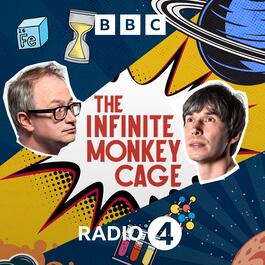
Brian Cox and Robin Ince consider how different our understanding of the universe would be without the stars. They are joined by Maggie Aderin-Pocock, Roberto Trotta and comedian John Bishop who illuminate all that we have learnt from the stars and how different life would be without them. Every culture has looked up at the night sky, but why are we so drawn to the pin pricks of light in the sky above us all and how have they helped shape human civilisation? Roberto Trotta takes us back to the origins of astronomy, to women who he believes were the first astronomers, linking the orbital period of the moon with the length of the menstrual cycle. We continue the historical journey, through the astronomical greats, Galileo, Copernicus and Kepler, who all in part owe their scientific discoveries to the stars. Our panel marvel at how we, an infinitesimally small part of the universe, are able to look up at the stars and comprehend what is beyond and how this stargazing has profoundly shaped our sense of selves as well as underpinned science as we know it. Producer: Melanie Brown Executive Producer: Alexandra Feachem Researcher: Olivia Jani BBC Studios Audio production
From "The Infinite Monkey Cage"


Comments
Add comment Feedback